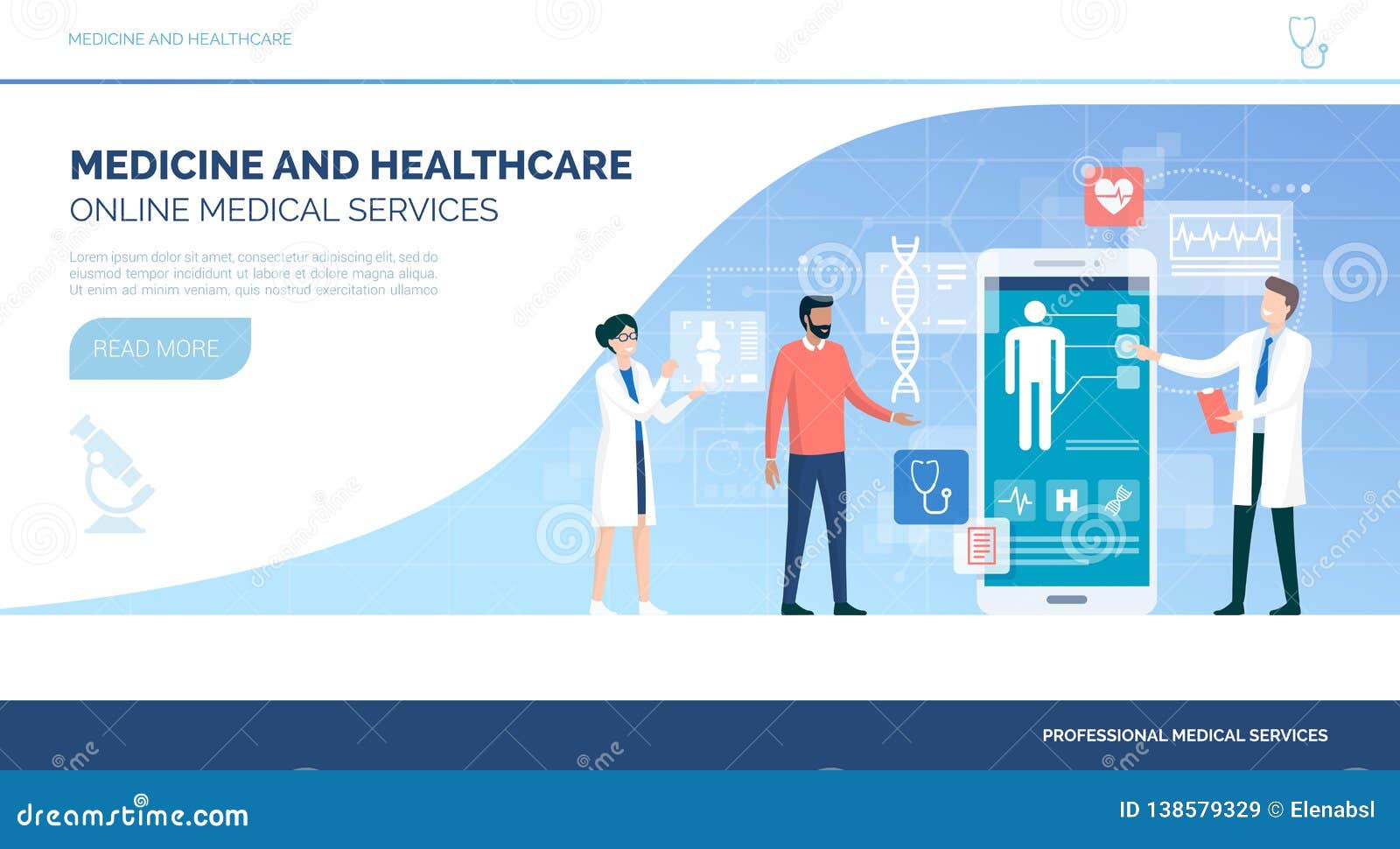Recognizing the Price Savings of Subscription Based Healthcare for Families
Wiki Article
Navigating the Future of Medication With Subscription-Based Health Care Solutions
As the healthcare industry advances, subscription-based services become a critical version assuring to improve patient treatment shipment. With the prospective to offer structured, economical services through foreseeable prices and customized focus, these solutions stand at the forefront of modern-day clinical innovation. Yet, as we consider their rise, one have to consider the implications of incorporating such systems into existing medical care frameworks. What challenges do they position in regards to data protection and equitable accessibility, and how might they redefine the patient-provider relationship? The solutions to these concerns can essentially modify our method to medical care.Increase of Registration Healthcare
As health care systems all over the world face increasing pressures from increasing prices and need for services, the development of subscription-based medical care models has become a transformative pattern. This cutting-edge approach is disrupting typical healthcare delivery by providing a foreseeable, flat-rate payment structure for medical services. Rooted in the principles of concierge medicine, subscription-based health care enables service providers to concentrate on individualized person treatment while simultaneously managing operational efficiencies.The rise of this model can be attributed to several factors. Technological advancements have enabled more smooth assimilation of treatment with telehealth and digital health and wellness records, helping with the scalability of membership services. The boosting consumer need for openness and predictability in health care expenses has driven the change in the direction of this design. Subscription-based services often supply straight access to healthcare specialists, which can minimize the administrative burdens linked with insurance policy claims and reimbursements (subscription based healthcare).
This version is acquiring grip among varied health care companies, from primary treatment physicians to specialized centers, by aligning monetary motivations with continuous and preventative care. By changing the focus from quantity to value-based care, membership medical care has the potential to reshape the landscape, cultivating a more patient-centered and lasting method to health and wellness monitoring.
Benefits for Individuals

In addition, subscription-based services commonly stress preventative treatment, urging normal exams and wellness testings. This aggressive strategy can bring about very early discovery of health and wellness problems, possibly enhancing results and minimizing long-lasting health care costs for patients. Additionally, such models generally offer transparent rates, permitting individuals to much better understand their health care costs and prevent unexpected medical costs.
The individualized nature of subscription-based healthcare likewise enhances person experience. Clients can get customized healthcare plans that fit their details needs, promoting a much more patient-centric strategy.
Technology's Function in Makeover

Man-made intelligence (AI) plays an important function in predictive analytics, aiding in very early medical diagnosis and tailored therapy strategies. AI formulas assess substantial datasets to identify patterns that could be ignored by human monitoring, hence enhancing scientific decision-making. Electronic wellness records (EHRs) streamline person info management, making certain connection and coherence of treatment across various solutions and companies.
Blockchain technology boosts data security and personal privacy, crucial for keeping client count on electronic platforms. It makes it possible for transparent and safe and secure deals of clinical data, making certain that sensitive details stays safeguarded. With the combination of equipment knowing and AI, blockchain can automate intricate healthcare procedures, reducing administrative worries.
Considerations and difficulties
While modern technology pushes the capacities of subscription-based healthcare solutions, it additionally introduces a set of obstacles and considerations that need to be resolved to guarantee effective implementation. One considerable obstacle is the equitable access of these services. As membership versions frequently rely upon electronic platforms, there is a danger of worsening the digital divide, leaving behind people without internet accessibility or digital literacy. Making sure these solutions do not overmuch profit only tech-savvy and wealthy populations is essential.Data privacy and safety and security represent another essential consideration. Subscription-based services often entail the collection and storage space of substantial quantities of individual health and wellness info. Companies should follow stringent data defense guidelines to preserve client count on and prevent unapproved gain access to, which might lead to significant moral and legal repercussions.
Furthermore, the sustainability of registration designs positions a challenge. As medical care needs evolve, keeping an economical Continued balance in between registration fees and solution high quality is vital to stop person discontentment and attrition. Moreover, incorporating these services within typical health care systems requires smooth interoperability between systems, which is frequently a facility and resource-intensive venture. Resolving these difficulties is crucial as subscription-based health care solutions remain to expand and evolve.
Future Effects for Medication
Subscription-based health care solutions are positioned to dramatically affect the future landscape of medication by improving check this site out exactly how treatment is accessed and provided. These designs provide the prospective to democratize medical care accessibility, giving people with even more timely and personalized interventions. By leveraging innovation, such as telemedicine and data analytics, subscription solutions can promote continual tracking and tailored health management, hence boosting results and decreasing the concern on traditional medical care systems.
As these solutions gain traction, they could stimulate a change towards preventative care, emphasizing the relevance of very early detection and monitoring of persistent conditions. This aggressive technique may ultimately lower medical care expenses by mitigating the demand for costly treatments developing from late-stage illness management. In addition, membership models supply a scalable option to address differences in healthcare accessibility, especially in underserved or country populaces.
However, the transition in the direction of subscription-based versions requires dealing with governing and honest factors to consider, consisting of data personal privacy and fair access. As the market advances, collaborative efforts in between policymakers, technology designers, and medical care providers will be vital to developing robust frameworks that secure person interests while fostering advancement. Inevitably, these solutions promise to contribute substantially to an extra efficient, patient-centered healthcare community.

Conclusion
Subscription-based healthcare solutions stand for a considerable development in the medical field, offering predictable prices and individualized treatment that improve ease of access and prioritize preventive measures. As the medical care landscape progresses, membership models are poised to play an important role in shaping the future of medication.As the health care sector evolves, subscription-based services emerge as a crucial design guaranteeing to improve individual care distribution.As medical care systems around the world face increasing stress from increasing costs and need for solutions, the introduction of subscription-based healthcare versions has arised as a transformative pattern (subscription based healthcare).With the rise of subscription-based medical care designs reshaping typical health care delivery, patients are starting to experience significant advantages from this ingenious approach. As health care needs progress, maintaining a cost-effective equilibrium between membership fees and service top quality is important to prevent individual dissatisfaction and attrition.Subscription-based medical care solutions are poised go to dramatically influence the future landscape of medication by improving exactly how treatment is accessed and delivered
Report this wiki page